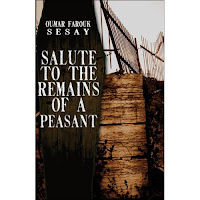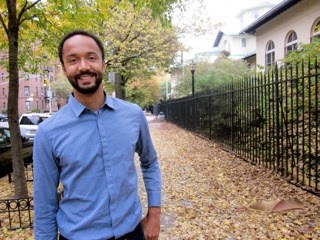Vitabu Interviews | Yema Lucilda Hunter
Yema Lucilda Hunter is Sierra Leone’s first female novelist. Her novels include Road to Freedom, Bittersweet, and Redemption Song . She was invited to write an article on the Sierra Leonean-Ghanaian literary figure, Gladys Casely-Hayford, for the Dictionary of African Biography (Oxford University Press) after publishing her biography An African Treasure, in Search of Gladys Casely-Hayford, 1904-1950. Vitabu : When did you discover books? Yema Lucilda Hunter: I learned to love reading soon after I learned to read because I lived with my maternal grandmother who took me to the British Council library where there was a children's section. In those days there were no books for children written by African authors. In fact, the only stories about Africa that I remember reading as a child were in a series called Jungle Doctor. They were written by an English doctor and set in East Africa. Vitabu : Tell us about some of your favorite books written by African authors. Yema Luc

